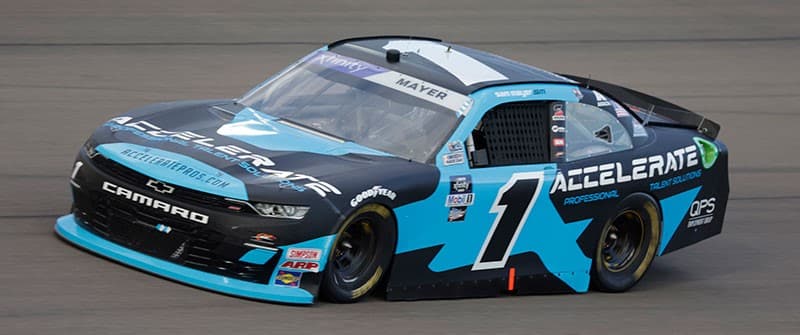CURRENT OPENINGS
Accelerate has a variety of open positions in:
- Manufacturing
- Engineering
- IT
- Supply Chain
- Finance/Accounting
- Human Resources
Search for jobs and apply online here.
WORD ON THE STREET
When is the Best Time of Year for Job Hunting?
Source: shrm.org
All times of year are viable for changing jobs and making strategic career moves. The United States has a huge economy; even during the depths of the Great Recession, millions of new jobs were posted online. And now, during the Great Resignation, there are even more opportunities to choose from.
Hiring budgets are usually finalized by September or October, and funding for new hires typically is released at the start of the new year. Early January is usually slow, then the next few months—the first and second quarters of the year—offer the widest range of opportunities for the job hunter. Nevertheless, companies often spread out their hiring through all four quarters, which contributes to job availability throughout the year.
July and August present challenges, especially for higher-ranking workers, because hiring considerations become more complex. Someone on the selection team is always on vacation during these months, stretching out the selection process.
On the other hand, fewer people apply for jobs during the summer, and thus there’s less competition for positions. The last few days of summer tend to be less busy in many professions, so getting in touch with the right people is easier.
Even November and December are good months to job hunt, because there is a conscious effort to spend leftover hiring money before the end of the year—up to and including New Year’s Eve.
Job Change vs. Strategic Career Move
Most people leave a job search until the last possible moment and then accept either the first or second offer they stumble into. Accepting the first job that comes along or any job simply because it is readily available does not help advance your career. You are merely changing your desk and co-workers.
So your first consideration should be, “Am I just changing jobs, or am I making a strategic career move that propels me toward my professional goals?”
The difference between the two is enormous and impacts what becomes of your career. These transitions—and the way you make them—determine your path. Choose to make carefully considered strategic moves that give you the best opportunities to advance toward those carefully defined career goals.
Make the Right Move as Painless as Possible
Making the right move in pursuit of your career goals requires a well-thought-out plan. The two weakest professional skills for all professionals are likely the ability to get job interviews and the ability to turn the interviews into job offers, simply because they spend less time on these skills than on anything in their professional life.
Without updating these two critical survival skills, you will be attempting a critical career move without the tools for success.
When you’re ready to make a move, focus your efforts on revising your resume to reflect the skills for your specific target job, and get those rusty job-search and interview skills up to speed. Then, as soon as you are ready execute your search, all the assets you need will be there.
Read the original article here.
THANK YOU NOTES
Showing gratitude is always important, but especially during a job search. After you’ve gone through an interview you should take the time to draft a thank you message to your potential future employer. Whether it’s a physical letter or an email, this token of appreciation could actually determine if you get the job.
What to Include in Your Thank You Note
What you say in a thank you note is important! Be sure to thank the interviewer for their time. Reiterate what a great fit you’d be for the position and plug your skills again, or include additional skills that you may not have had the chance to mention in the interview.
If you really want to impress your interviewer, you could include some ideas you have on how you could add value to the organization. A quick mockup of something you discussed in the interview or a few slides can really set you apart.
Your thank you note sets the tone as your first interview follow-up. Be prompt in starting that communication and thanking your interviewer for their time. It could mean the difference between your interview and all the others who want the same position.
NASCAR XFINITY SERIES SPONSOR

Have you seen the Accelerate Professional Talent Solutions car in the 2022 NASCAR Xfinity Series yet? Be sure to check us out as driver, Sam Mayer, competes for the series championship in the No. 1 Chevrolet.
You can find the 2022 schedule here.
